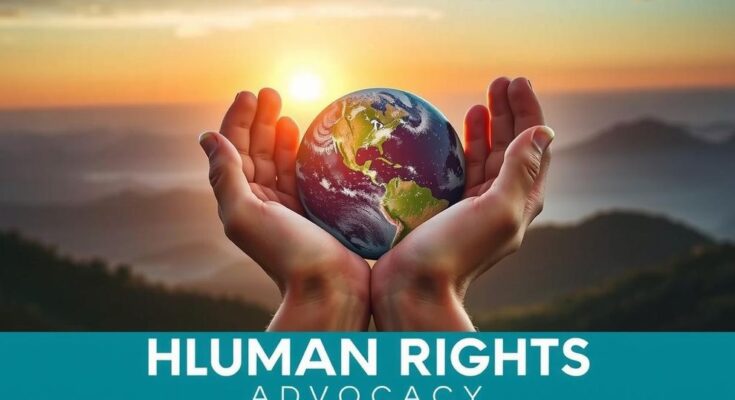As John Mahama takes the helm as Ghana’s President, Amnesty International emphasizes the urgent need to address critical human rights challenges. Key issues include gender equality, women’s rights, and the vital right to peaceful assembly. Marceau Sivieude, Amnesty’s Interim Regional Director, underscores the significance of revising the Public Order Act to safeguard these rights amidst the backdrop of protests against illegal mining practices affecting the environment.
Women’s representation in Ghana’s political scene remains alarmingly low, with less than 15% of Parliament comprised of women as of 2024. The newly enacted Affirmative Action Act aims to boost this figure to at least 30% by 2026 and 50% by 2030. The appointed female Vice-President, Naana Jane Opoku-Agyemang, symbolizes a pivotal step forward, and the government is urged to enhance women’s active participation in governance.
Witch hunts and ritualistic accusations continue to plague the Northern regions, causing immense suffering, especially to older women. Alimata*, a survivor, shared her heart-wrenching experience of abuse and fear, having lived in refuge for a decade. To combat this, Amnesty calls for urgent legal reforms to criminalize such accusations and protect the vulnerable from violence.
The right to peaceful assembly has faced severe violations, with police frequently obstructing protests under flimsy security excuses. Activist Oliver Barker-Vormawor recounts multiple arrests stemming from nonviolent gatherings. Amnesty’s Country Director, Genevieve Partington, insists on revising laws to respect spontaneous assemblies, advocating for an exemption from prior notification requirements to restore citizens’ rights to protest.
Furthermore, the environmental repercussions of illegal small-scale mining, particularly galamsey, have deteriorated public health and access to clean water. The Ghana Water Company reported widespread pollution stemming from these activities, jeopardizing communities like Cape Coast. The government is urged to uphold mining regulations and commit to halting illegal mining in protected areas, ensuring the right to a healthy environment for all citizens.
Ghana’s new President John Mahama must urgently tackle critical human rights issues, including gender inequality, witchcraft accusations, suppression of peaceful protests, and environmental degradation caused by illegal mining. Amnesty International stresses the importance of legislative reforms to enhance women’s representation, protect the right to peaceful assembly, and safeguard citizens’ environmental rights.
In conclusion, President John Mahama’s administration is called to prioritize pressing human rights issues in Ghana. Addressing gender equality and women’s representation, curbing witchcraft accusations, safeguarding peaceful assembly rights, and combatting environmental degradation are essential for fostering a just and equitable society. Amnesty International’s advocacy highlights the necessary reforms to ensure protection for all citizens.
The article discusses the pressing human rights issues Ghana faces under the new leadership of President John Mahama. Key topics include the urgent need for gender equality, protection against witchcraft accusations, the right to peaceful assembly, and the environmental impacts of illegal mining practices. Amnesty International underscores the critical aspects Mahama’s government must focus on to promote and safeguard human rights in the country, particularly for vulnerable populations.
Original Source: www.amnesty.org



